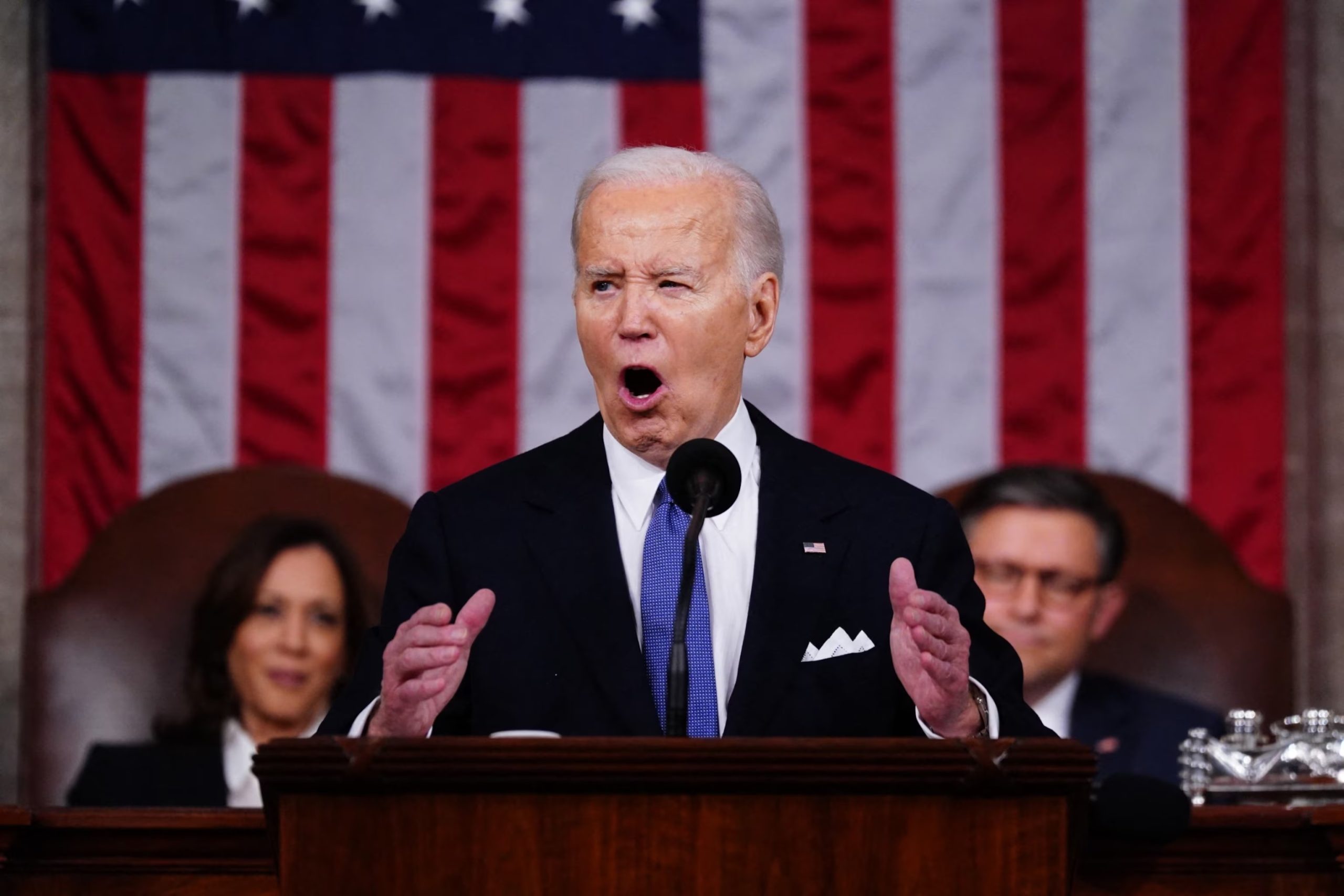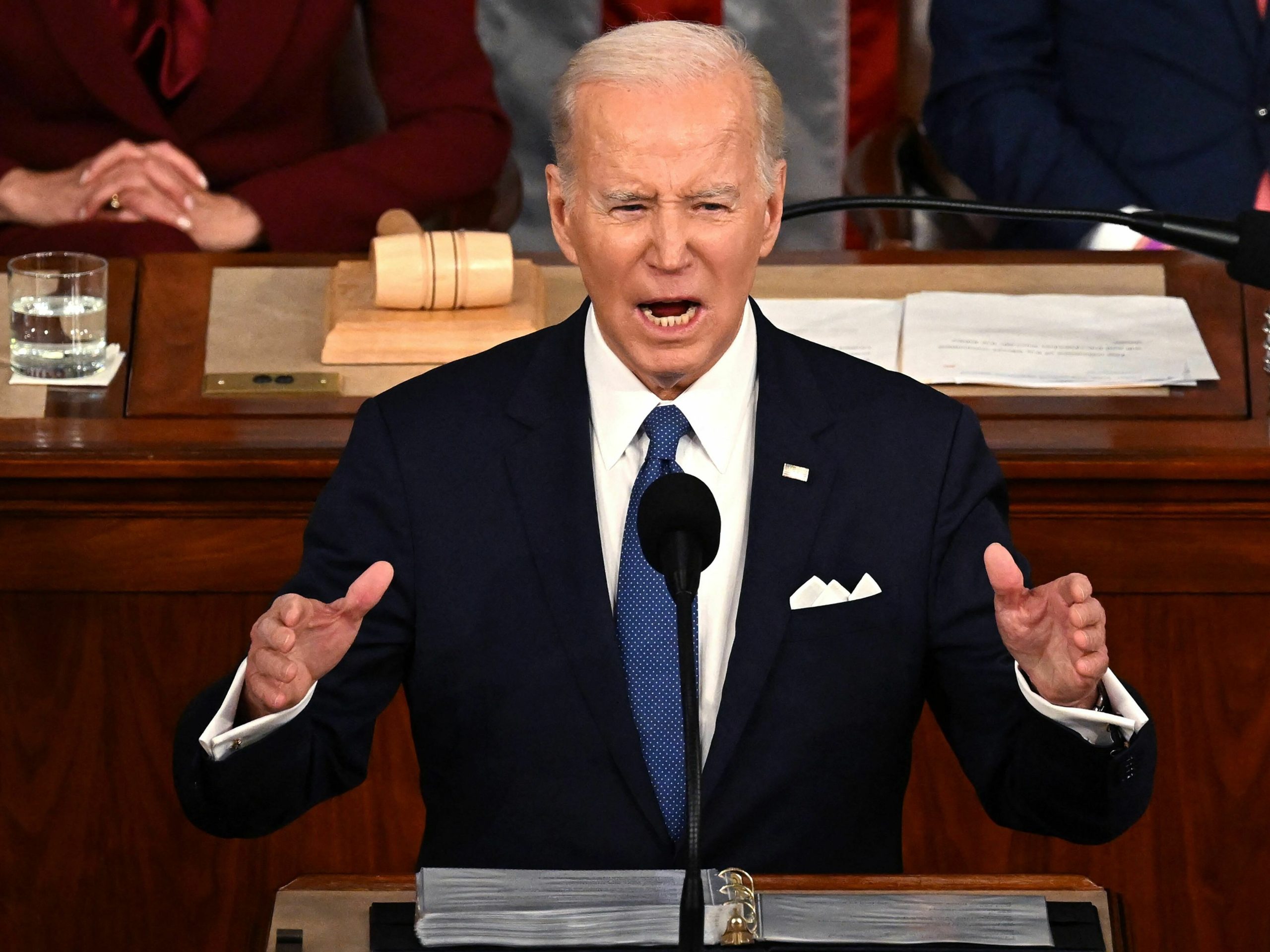Vincent Guilamo-Ramos, executive director of the Institute for Policy Solutions at the Johns Hopkins School of Nursing, advocates for a redesign of the U.S. health system towards preventive, value-based, whole-person care.
He argues that the current focus on sick care is detrimental, both in terms of individual health outcomes and the financial burden on the system.
The key, according to Guilamo-Ramos, is to shift the focus toward prevention, which includes health promotion and care that maintains and restores health.
This approach improves individual health and reduces system costs. He emphasizes the need for equity in health care, ensuring that everyone has access to preventive and restorative care, regardless of coverage or location.

Nurses play a crucial role in this redesign, as they make up the largest segment of the healthcare workforce and deliver the majority of health services.
Nurse-driven models of care are unique in their focus on the whole person and their community, making them well-equipped to transform the health care system.
Addressing health inequity is also a priority for Guilamo-Ramos, who notes that social determinants of health play a significant role in determining health outcomes.
He emphasizes the need to eliminate inequity by addressing social determinants such as education, employment, housing, and access to safety-net programs.
Guilamo-Ramos believes that nurses are key to moving the health care system forward, citing their high level of trust among the public and their expertise in delivering holistic care. He calls for nurse-led policy solutions to be a critical part of the national response to improving the health care system.
Guilamo-Ramos advocates for a shift towards preventive, value-based care, with a focus on equity and addressing social determinants of health.
He sees nurses as central to this transformation and calls for their leadership to be recognized and leveraged in shaping the future of health care in the United States.
